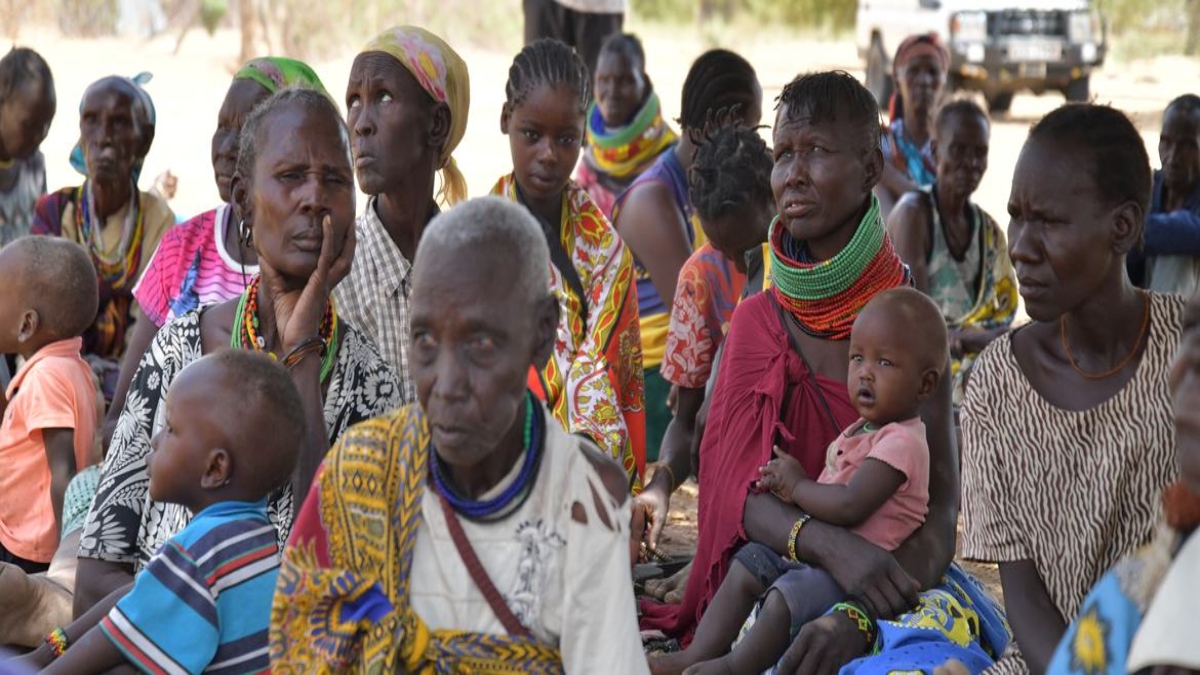Every day, dozens of women from East African nations travel to Saudi Arabia with hopes of a better life. They usually get lured by the recruiters with flowery promises. However, the recent New York Times investigative report paints a different picture. The report reveals that women who are being recruited as housekeepers or nannies in Saudi Arabian households face all sorts of cruelty.
This can be seen with the fact that at least 274 Kenyan workers, mostly women, died in Saudi Arabia in the past five years. At least 55 Kenyan workers died last year, which was twice as many as the previous year. What is even more concerning is the fact that the Kenyan government encourage these initiatives, with many people in power having direct connections with these recruiting agencies.
For instance, Fabian Kyule Muli, vice-president of the labour committee in Kenya’s National Assembly, leads a powerful community in the country which could demand thorough investigations into worker deaths. However, Muli, like other East African officials, also owns a staffing company that sends women to Saudi Arabia. The sad side of the whole saga is that most of the women who go for a better life come back home in coffins.
Autopsy reports of these women tend to be vague and contradictory, with their deaths being described as happening due to “natural causes”. Meanwhile, an untold number of Ugandans have lost their lives as well, with their government releasing no data. According to the report, one of the major reasons why the authorities are not discussing this matter is because it benefits them in one way or another.
A dark trade providing a boost to the economy
It is pertinent to note that Kenya and Uganda have been in a years-long economic slump. The remittances from foreign workers are a significant source of income. In 2022, Kenya’s Commission on Administrative Justice raised alarm over the matter and said that worker-protection efforts had been hindered by “interference by politicians who use proxies to operate the agencies”.
Undeterred by the warnings, Kenyan President William Ruto said that he wants to send up to a half-million workers to Saudi Arabia in the coming years. According to The New York Times, one of Ruto’s top advisers, Moses Kuria, owned a staffing agency and his brother still does.
Impact Shorts
More ShortsWhen asked about the matter, a spokesperson for Ruto, Hussein Mohamed, said labour migration benefited the economy and insisted that Kuria had no conflict of interest because he “does not work on labour issues.” These recruiting agencies are also well-connected with the leadership in Saudi. According to the NYT, descendants of King Faisal have been among the largest shareholders in two of the biggest agencies. Not only this, a director of a Saudi government human rights board serves as vice-chairwoman of a major staffing agency.
Due to these interconnections, both the government and these agencies paint a “Rosey picture,” emphasising how these initiatives are life-changing. However, things are not the same. The NYT report mentioned how a woman jumped from a third-storey roof to escape an abusive employer and how some are raped and sent home pregnant and with no money.
According to the Saudi government, roughly a half-million Kenyan and Ugandan workers are in Saudi Arabia. Journalists and human rights workers have often raised alarms about the atrocities these women are facing in the country. However, a spokesperson for the human resources ministry in Saudi Arabia said that the country is taking steps in this regard.
“Any form of exploitation or abuse of domestic workers is entirely unacceptable, and allegations of such behaviour are thoroughly investigated,” the spokesperson, Mike Goldstein, wrote in an email. He noted that the government has raised fines for such abuse and made it easier for the workers to quit. However, the issue still remains.
How the governments neglect the issue
While several agencies raised concerns about the atrocities, the leaders of both Kenya and Uganda continued to sign multiple agreements with Saudi Arabia that lacked protections that other leaders tend to demand. For instance, in 2012, the Philippines signed a deal with Saudi Arabia that guaranteed a $400 monthly minimum wage, access to bank accounts and a promise that workers’ passports would not be confiscated.
Africa soon became attractive to Saudi Arabia because labour became less expensive. When Uganda cut its agreement with the Saudi Government, it made no mention of a minimum wage, even though the issue of worker mistreatment was well-discussed at that time.
In 2021, a Kenyan Senate committee found “deteriorating conditions” in Saudi Arabia and an “increase in distress calls by those alleging torture and mistreatment”. The committee also recommended suspending worker transfer. However, when Ruto was elected as country’s president, the next year, his government reached a new Saudi labour agreement in 2023 without a wage increase or substantive new protections.


)

)
)
)
)
)
)
)
)



